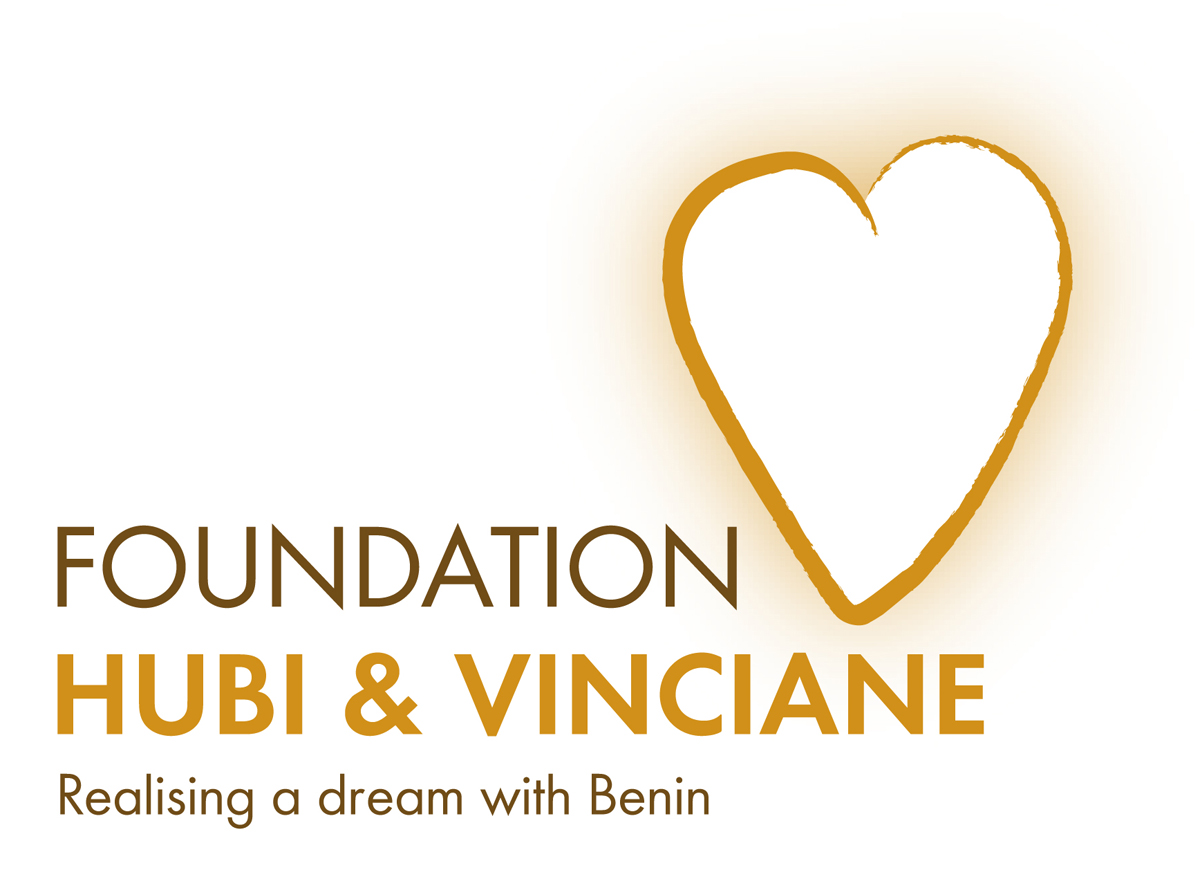Customary marriage in Benin
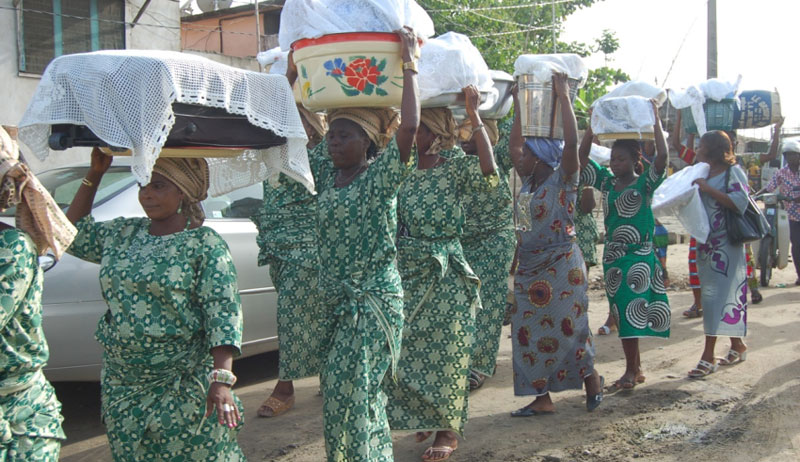
Contrary to the Western system, customary marriage in Benin is not only the affair of a couple but the union of two families who decide on the living together of their children. To give maximum happiness to their children (boys), the parents think they have to manage everything in the life of the future spouse. Thus the dowry, which generally refers to a sum of money and kitchen utensils, is given to the girl’s family as a sign of fulfilment of customary prescriptions. This dowry is not the sole effort of the future husband but the contribution of all the members of his family. The constituent elements of the dowry are listed and defined in advance by the future wife’s family. The dowry as shown in the picture costs a fortune and as soon as it is given, the couple can start living together.
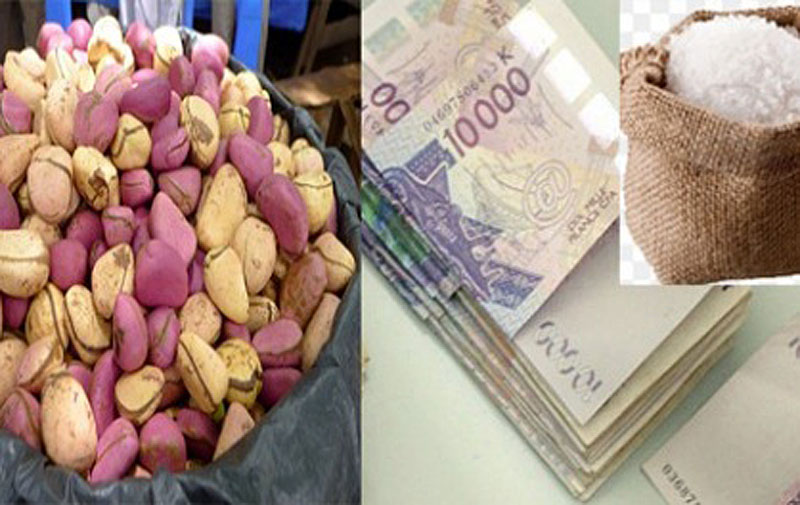
The kola in the dowry is a fruit that is squeezed to implore the blessing of the ancestors on the couple, and it is the symbol of the engagement. This lot is shared with all the members of the future wife’s family. The salt contained in the basket is the symbol of taste. The salt is the element to ask God to give a good taste to the life in couple of the young people who are going to get married.
The money that accompanies the dowry does not have a fixed amount. It varies according to the means of the future husband and signifies that the future husband gives all his fortune out of love for his future wife. Usually, this amount is between 20 euros and 1600 euros and allows the future wife to buy herself the things that would have been missing in the dowry. When all these formalities have been completed, a religious marriage may follow.
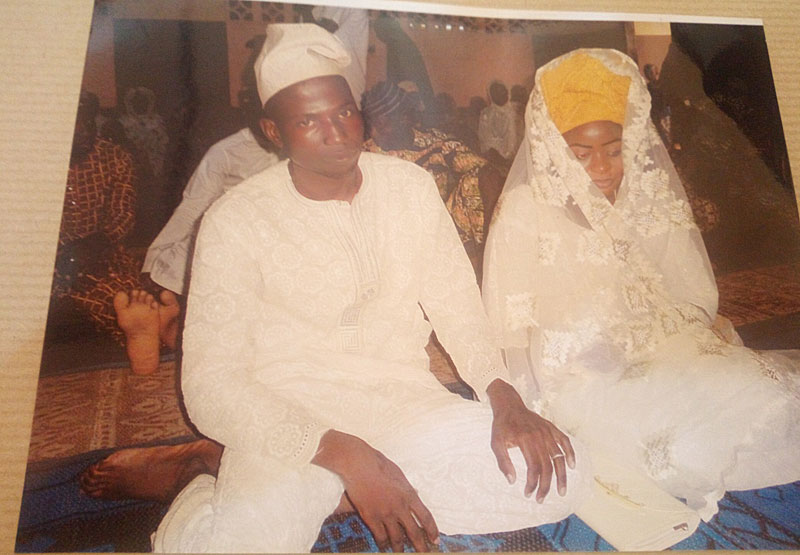
Depending on whether the future couple is Christian or Muslim, the ceremonies vary. The picture shows a Muslim couple and the exchange of promises done at the mosque in the presence of both families. After this exchange, the celebrant gives some advice before giving the final blessing and declaring them officially husband and wife. This ceremony is closed by festivities and dances of all kinds.
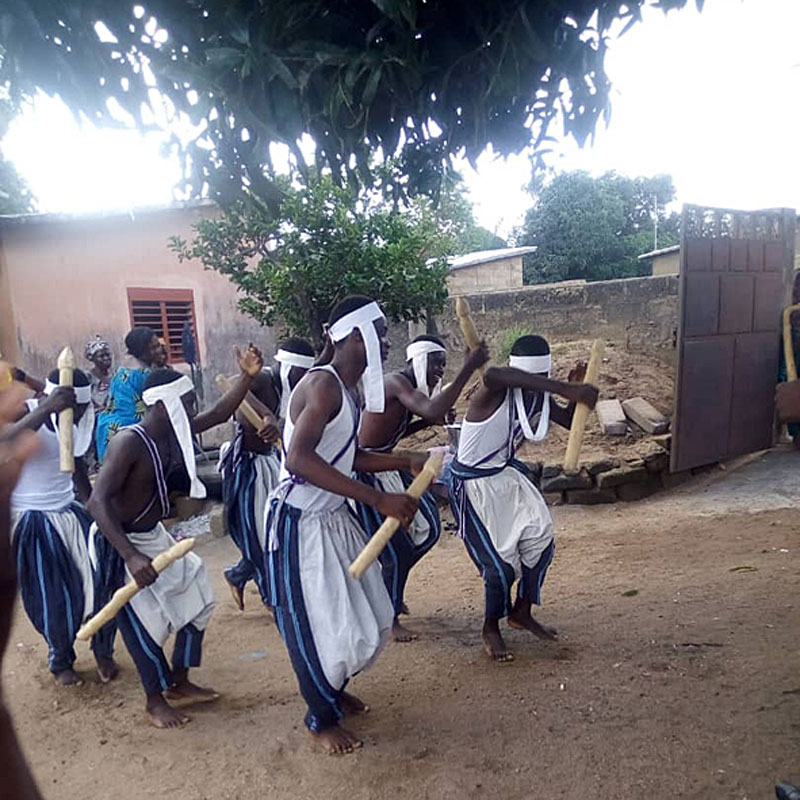
This is the welcome of the newlyweds with the traditional dance commonly called the téké to gladden the hearts. Long live traditional marriage and long live the enhancement of our customs and culture.
